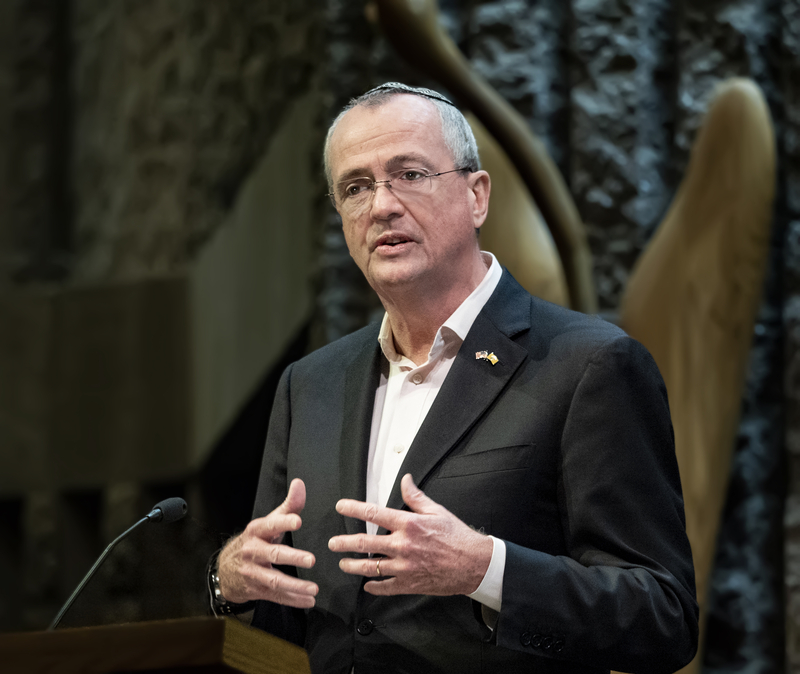TRENTON, NJ – As the vaccination deadline for New Jersey public workers has come and gone, now it’s time for the axes to begin falling. Except, Governor Phil Murphy on Wednesday said the severity of punishment in state offices will not be the same across the board. It all depends on where you work and what union you are part of, the governor said.
In other words, it’s different strokes for different folks.
“Yeah, in terms of the consequences – and Parimal will correct me if I’m wrong – the consequences if you don’t follow the mandate are going to depend on what organization you’re working for, probably what union you belong to,” Murphy said when asked about the looming terminations. “Leave that as a specific – in terms of what specifically would happen to you.”
Murphy showed an unwillingness to allow mercy for public employees who may lose their jobs this week for refusing to get vaccinated.
“This is a step you don’t take lightly so again, to roll the tape back, we took this step largely on the back of the US Supreme Court upholding President Biden’s healthcare setting vaccination mandate, and we tweaked it in two respects,” Murphy said. “One is that we added that you need to be boosted and then secondly, we broadened, to your question, the definition of the settings to include congregate, high-risk communities of one sort or another including corrections.”
The governor isn’t worried about short-staffing jails and police departments either.
“Do we have enough workers? We believe the answer’s yes, and we wouldn’t have taken this step unless we felt we had a responsible plan to make sure we could continue to man these communities,” Murphy said.
That could mean more National Guard troops performing civilian duties in local communities.

